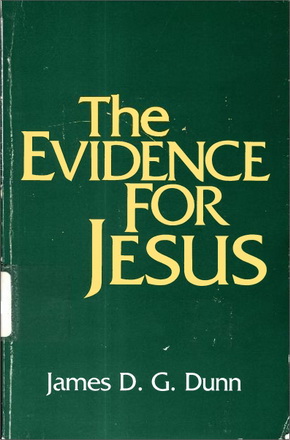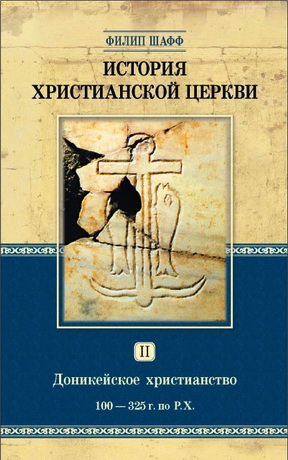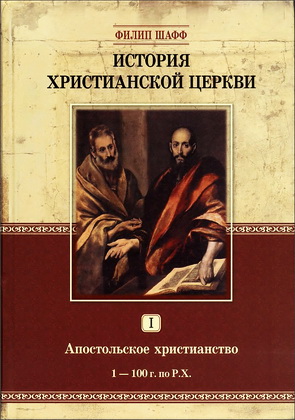
Данн - Dunn - The Evidence for Jesus - Свидетельство об Иисусе
"Professor Dunn joins the skills of biblical criticism and apologetics with remarkable success."—Gerard S. Sloyan An acknowledged New Testament authority, James D. G. Dunn here makes an important contribution to contemporary thought. He looks at the origins of Christianity in the light of modern scholarship, demonstrating why Christians should "welcome the critically inquiring and investigative skills of scholars."
Dunn focuses on four main questions: 1. Are the Gospels fact, fiction, or what? 2. Did Jesus claim to be the Son of God? 3. What did the first Christians believe about the resurrection? 4. Was earliest Christianity one church or warring sects?
The Evidence for Jesus By James D. G. Dunn Foreword by Howard Clark Kee - Свидетельство об Иисусе
THE WESTMINSTER PRES, 1985. - 113 p.
ISBN 0-664-24698-2
Джеймс Данн - Свидетельство об Иисусе - The Evidence for Jesus - James D. G. Dunn - Preface
- Foreword by Howard Clark Kee
- Preface
- 1 The Gospels: Fact, Fiction or What?
- 2 Did Jesus Claim to be the Son of God?
- 3 What did the First Christians Believe about the Resurrection?
- 4 Earliest Christianity: One Church or Warring Sects?
Note on the Gospel of Thomas
Concluding Reflections
Suggestions for Further Reading
Index of Biblical References
Concluding Reflections
Suggestions for Further Reading
Index of Biblical References
Джеймс Данн - Свидетельство об Иисусе - The Evidence for Jesus - James D. G. Dunn - Foreword
In 1984 a British TV series from London Weekend Television created a sensation with a sequence of three programs called Jesus: The Evidence. The announced purpose of the series was to give viewers up-to-date information and insights on the historical evidence about Jesus: what can be known about him and how historians evaluate that evidence.
Although the series began with a balanced approach to the subject, it became increasingly provocative and controversial by inviting as experts on the subject a predominance of scholars whose views reject, or at least call into question, traditional interpretations of the evidence about Jesus. Further, there seems to have been some intention to make the public think that the scholarly majority was trying to suppress the results of new discoveries and new interpretations, since they ran counter to orthodox views.
Understandably, some viewers were an noyed at having been apparently deprived of access to new and revolutionary information about Jesus, while many others were shaken by allegedly historical evidence which challenged the traditional understandings of Jesus. When the series appeared on public television in the United States, it did not create the stir here that it did in Great
Britain, in part because it was not so widely seen.
Britain, in part because it was not so widely seen.
James D. G. Dunn
James D. G. Dunn is Professor of Divinity at the University of Durham, England.
He is the author of Baptism in the Holy Spirit, Christology in the Making, and Unity and Diversity in the New Testament.





Комментарии
Пока нет комментариев. Будьте первым!